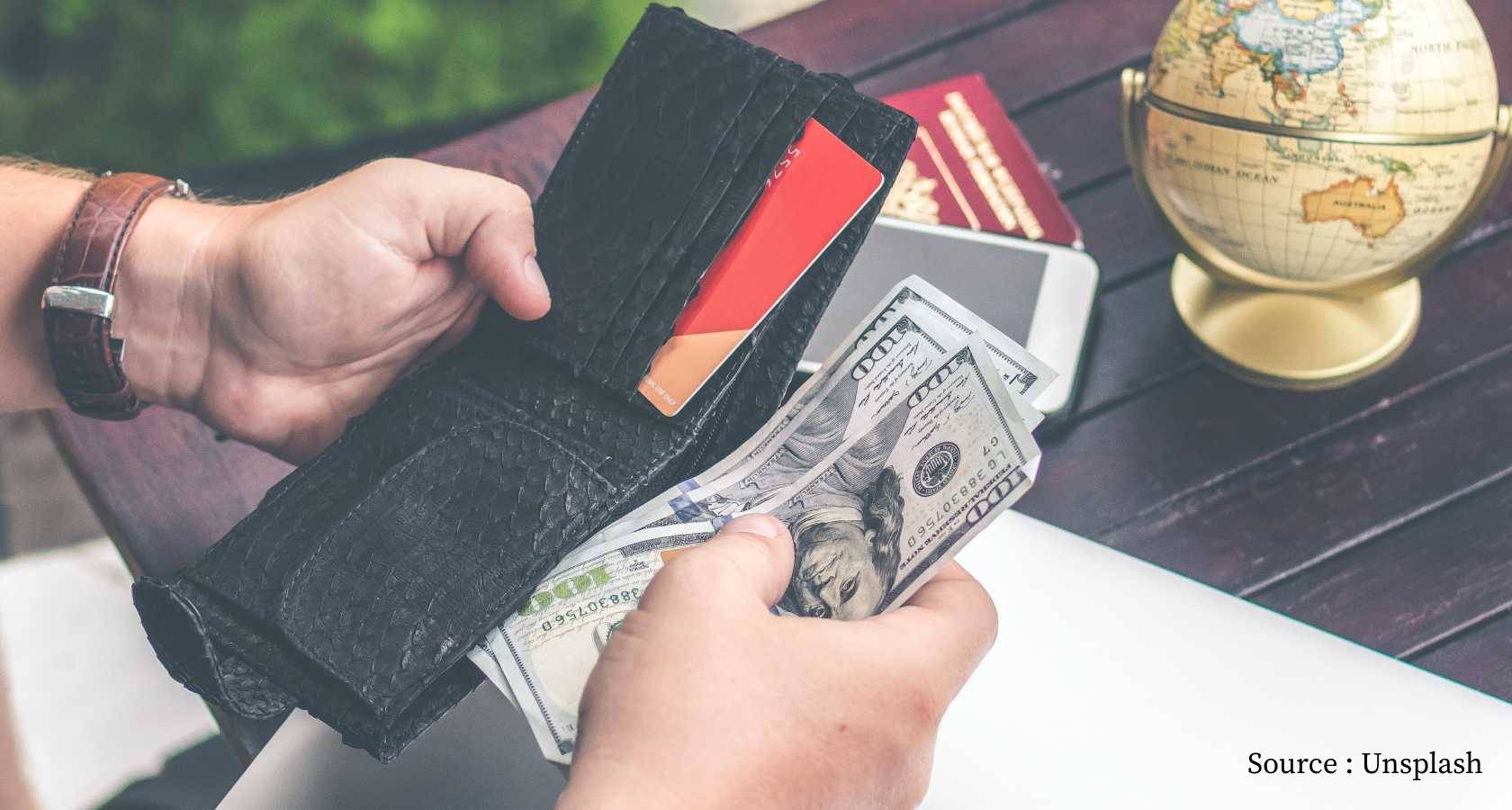
Digital-Money over Physical Cash
June 28, 2021
Money is an instrument representing stored value guaranteed by the central bank of a country. Start of currency as a means of trade represents a fundamental change in human society. The first recorded use of money was in ancient Iraq and Syria, in the Babylon civilization, around 3000BC. The first ever paper notes were used by Imperial China during the Tang dynasty (AD 618-907). Meanwhile in current China payments system have significantly transformed into digital platform. Though China was first to use paper money, cash has become almost obsolete in most urban areas of the country.
One of the major instruments enabling digital payment is the QR (Quick Response) code. Generating and scanning QR codes for the payment makes the transaction system fast, secure and reliable.
Technological evolution has made digital transactions much easier and secure but still the major public mentality is infavor of using hard cash. It is perhaps because of the feeling of the cash in hand or lack of proper awareness of the safety, security, speed and traceability of digital transactions. People might also be hindered by fear of overspending if spending became virtual and quite easy compared to handing over hard cash at the payment counters.
Digital/Electronic Money:
Electronic/Digital money refers to the electronically stored currency on digital databases as opposite to physical currency. It is introduced for the facilitation of e-commerce and for micro transaction in general. The main objectives of digital money are for limiting the use of cash and transformation towards cashless society. It has been introduced as a cost-effective alternative to cash for micro transaction and convenient medium for payments over the Internet. The value of digital currency is backed by fiat currency. With the advantages of quick and instantaneous process, better recordkeeping, reduces of physical burden of large cash and secured features available with the digital money concepts will uplift transaction process via digital mean.
It may seem like physical money could soon be a thing of the past but because of the psychological relationship developed so far with notes and coins by people it might be premature to predict total disappearance of cash. Moreover, cash is essentially untraceable and if someone wants to buy something without being traced cash is the way to do it. Although cash and electronic money have same exact value, people perceiver cash differently and may deem it more valuable. Psychological study done by Eric Uhlmann from Paris school of Management shows that if money is physical, its more yours and feels like you own it more. Also, people feel safe and secure about cash than digital money.
As more cash-based societies move towards cashless, the way of spending might change. Digital cash can mimic the real cash flow in a manner that digital wallet users can monitor their transaction on real time basis. As a result, users can see the amount that has been debited or credited. Perhaps it is beneficial for spending money more freely with the opening of wide varieties of e-commerce which ultimately helps in economy of countries and many governments around the world are trying to encourage the use of digital money. Though perceived by many, there is no concrete evidence supporting the feeling that user may spend more through digital wallet than with traditional currency.
Although the psychological attachment to money has still kept many people reluctant to shift toward digital currency, there is a possibility of growth in usage of digital money. Several recent trends including development in infrastructure of banks, Mobile Financial Services (MFS) providers, accessibility of mobile devices, accessibility of financial institution in remote and urban areas, knowledge of service usages are helping the growth of digital transactions. More and more payment systems are moving towards digital payments and societies are shifting towards cashless ecosystem.